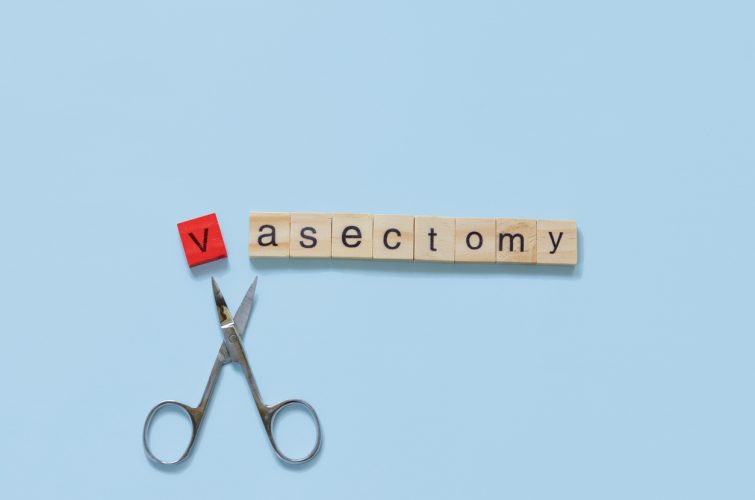 male vasectomy concept flat lay style
male vasectomy concept flat lay style
Despite this, vasectomy remains the safest and most successful form of permanent contraception when compared to tubal ligation in females.
The procedure is usually technically straightforward and is performed under local anaesthetic or a light general anaesthetic.
A tiny incision is made on each side of the scrotum and a small piece of the vas deferens (the tube which carries sperm to the prostate where it joins the seminal fluid) is removed, both ends ligated and separated.
The procedure takes 15-20 min and recovery is usually complete in 1-2 weeks. As some live sperm can persist in the system for a while after the procedure it is important to maintain contraception for around 12 weeks and wait for a clear semen analysis. There is no effect on sexual function or libido.
Whilst the majority of men make a full recovery and have no long-term issues there are some implications and risks which require careful counselling prior to the procedure.
Couples should make a firm decision that they have completed their families and should regard vasectomy as irreversible. If circumstances change, vasectomy reversal or IVF are options but are not 100% successful. The success rate is very close to 100% but occasional cases of fertility returning after a successful vasectomy have been reported (1 in 3000).
This is thought to be due to the 2 cut ends of the vas deferens re-joining (re-canalisation of the vas) but is extremely rare with modern techniques. Around 1-2% of patients will suffer from post vasectomy pain syndrome which can affect quality of life and may lead to some regret.